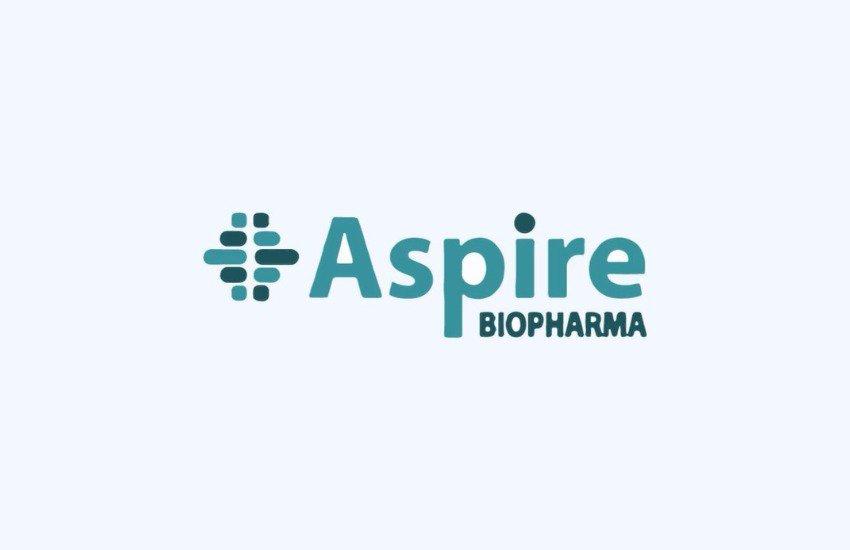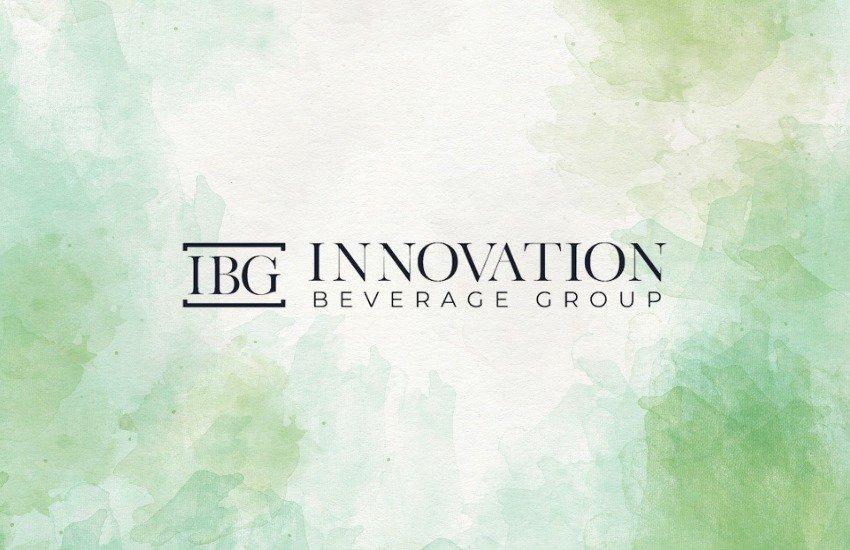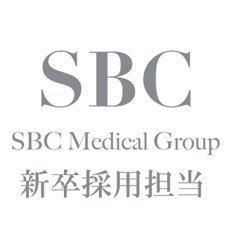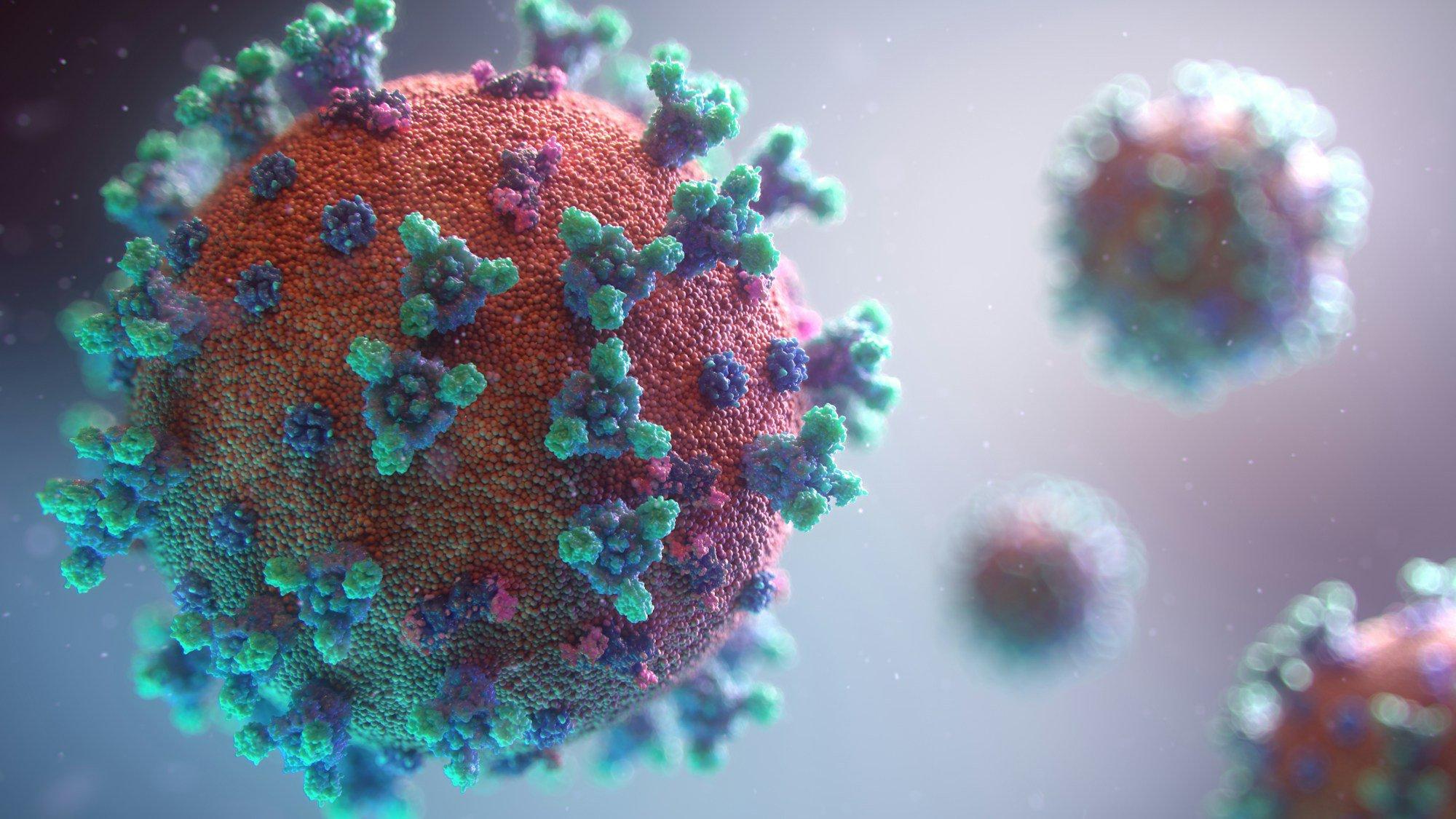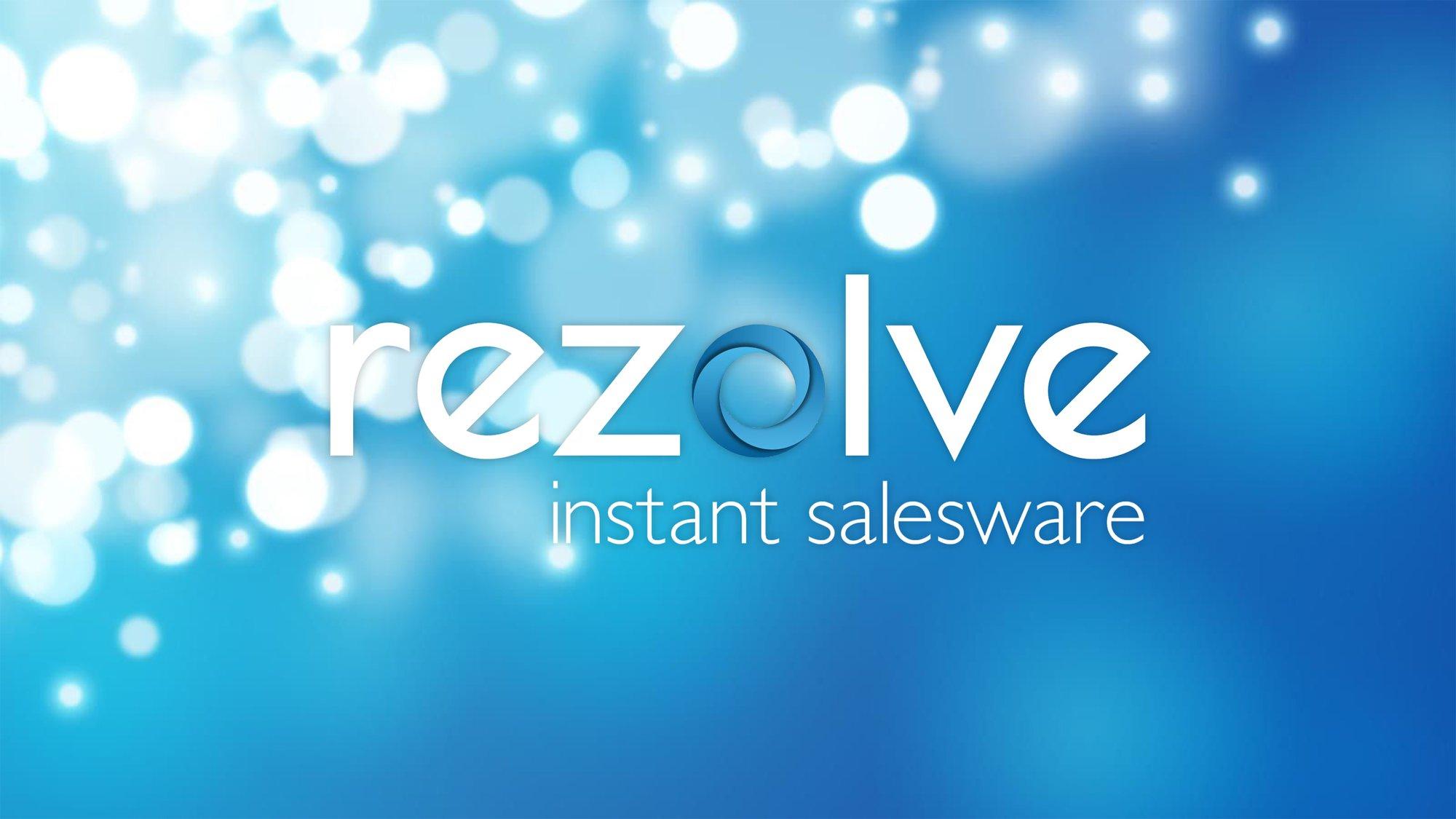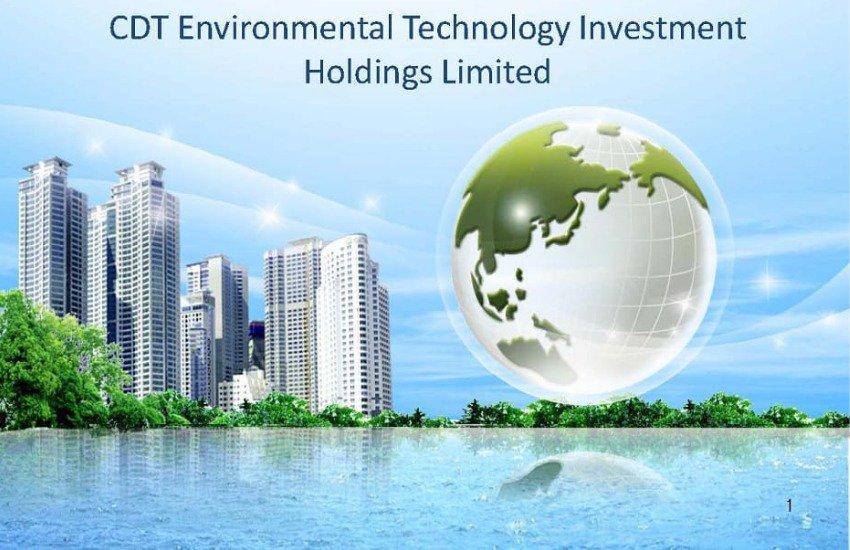With the global population on the rise, the demand for fresh water is also increasing and is expected to double by 2050. Increasing industrialization across the globe has led to an increased quantity of pollutants entering the sources of fresh water. Given the fact that only 3% of the total water on the surface of the earth is fresh water that is suitable for human consumption, water pollution has led to a rising demand for fast, efficient, and effective wastewater treatment systems across the globe. One company that has managed to develop a truly pathbreaking product within this space is LifeQuest World Corporation (OTC Markets: LQWC).
What Does LifeQuest Do?
LifeQuest World Corporation (“LifeQuest”) is a leading name within the wastewater treatment systems industry with a global footprint. The company has acquired the intellectual property of Biopipe, a disruptive and highly scalable on-site sewage wastewater treatment technology that caters to a large market ranging from large industrial facilities, resorts, hotels, corporate towers, to individual homes. The company looks to disrupt the septic tanks market by providing on-site recycling of wastewater that is free from sludge. Over the last twelve months, the company has added capability to treat industrial wastewater as well. Formed through a reverse merger transaction by Amagon ApS, LifeQuest is based in Ridgefield Park, New Jersey with partners spread across India, Bangladesh, Philippines, South Africa and other countries.
Biopipe – The Revolutionary Wastewater Treatment Technology
Biopipe technology is a unique, biological sewage wastewater treatment system, which carries out its task without the use of any chemicals. Established in 2014, the technology has emerged to be one of the simplest and cleanest technologies within this space that makes use of its patented process and proprietary combination of enzymes and bacteria to produce reusable water. Biopipe is fully automated in nature and is an odorless, virtually silent, eco-friendly solution with a wide application. The system does not even require a 24/7 human operator and requires minimal maintenance and operating cost as compared to popular systems like the Moving Bed Bioreactors (MBR). Unlike all other competing technologies, Biopipe does not produce any sludge, which must be periodically removed. The water produced after Biopipe’s treatment can be used in toilets for flushing, cleaning, organic farming, irrigation, and so on. There are a lot of other benefits that Biopipe brings to the table given the fact that it is an onsite wastewater treatment technology. Its system can be customized to fit the needs of the client whether it is a household, an office, or a large hotel. It can scale from 300 gallons per day to 300,000 gallons per day and due to the modular design additional capacity can be easily added. Furthermore, a plant can be decommissioned and moved to another site. The essential utilities of Biopipe led to LifeQuest acquiring its intellectual property in June 2019 and the company has not looked back ever since.
The company has a joint venture with Abrimix, which has a highly efficient and cost-effective technology for treating a variety of industrial wastewater.
LifeQuest’s Growth Strategy
LifeQuest has adopted a methodical approach and is going after the water stressed countries of the world using the equity joint venture method. It has established joint ventures in the United States, India, Bangladesh, South Africa, and Ethiopia for the manufacture and distribution of its Biopipe wastewater treatment systems. Countries like India and Bangladesh have large population and also have huge wastewater treatment deficits. For example, India generates circa 23.5 billion gallons per day of sewage wastewater but has treatment capacity of only 8.7 billion gallons per day. There is an immense need for wastewater treatment. Some of its key joint ventures include names like Abrimix in South AfricaHydros Agritech in the US, and many more. LifeQuest is looking to expand its reach through 2 models – the BOOT i.e. the Build-Own-Operate-Transfer model and the BOO i.e. the Build-Own-Operate model. The best part of these models is that a customer does not have to make upfront capital investment and operations and maintenance is carried out by Lifequest on a long-term basis. This will help to accelerate market penetration and ensure recurring revenue stream. The presence of strong joint venture partners in the regions ensures the company can deliver on the maintenance of the systems supplied to clients. With respect to the U.S., which is LifeQuest’s home market, the company plans to disrupt the septic tank market with its offerings. Biopipe is one of the most reasonable wastewater treatment systems available in the market today. The cost of the unit is well below septic tanks, which can cost between $10,000 and $45,000 and a 25,000 gpd system can cost up to $250,000 Maintenance costs associated with Biopipe are also significantly lower because there is no dosing of chemicals and sludge removal. The removal of sludge from a septic tank costs approximately $400 per visit. LifeQuest has a huge total addressable market in the U.S. and Canada and certainly in the countries it has a presence in.
Joint Venture with Hydros Agritech
The LifeQuest management recently made a big breakthrough with respect to its expansion in the U.S. market when it announced the joint venture with Hydros Agritech, a California-based provider of wastewater treatment and clean-tech systems for the agricultural market. Through this joint venture, the companies will be marketing the Biopipe technology in North America, the Caribbean, and other U.S. territories. The joint venture is making rapid progress as LifeQuest is already in the process of installing a Biopipe plant in Napa Valley, which will also serve as a reference site for sales and marketing, not just in California but other states as well. The western half of the U.S. is suffering from significant water stress. The wine industry is an excellent target market for LifeQuest which is why the distribution of Biopipe across vineyards in Napa Valley could provide a significant boost to its revenues. Vineyard owners recognize the fact that Biopipe’s process produces water that can be reused in agriculture, and will eliminate leach fields and need for evaporative ponds. In fact, it can also assist farmers and vineyard owners in returning agricultural lands to productive use. After the installation process in the Napa Valley plant is complete, the management is confident that the system will comfortably meet the strict discharge standards of the California Water Boards with respect to water quality. A successful outcome with one of the strictest water resource control boards in the U.S. will act as a big selling point for LifeQuest when it comes to approvals in other states. This announcement comes after the company’s previous tie-up with CII-Triveni Water Institute in India to lay the foundation for marketing Biopipe in India. The deal that took place in May 2020, helped provide LifeQuest with access to the $12 billion Indian wastewater treatment market and government projects.
Strong Macro for Wastewater Treatment
With environmental challenges like global warming, increasing industrialization and urbanization, emergence of new diseases like the COVID-19, it is evident that tough times lie ahead for humanity. The fact that hardly 3% of the water available on this planet is fresh water and only 0.4% can be used by our fast-growing population indicates a strong need for wastewater treatment solutions that are low-cost, effective, and have a broad application. This is the reason why the global water and wastewater treatment market is expected to grow at a CAGR of 6.5% from 2019 to reach $211.3 billion by 2025. There is little doubt of this given the fact that an estimated 1.8 billion people will live in areas plagued by water scarcity, with two-thirds of the world’s population living in water-stressed regions by 2025. If we look further ahead, 2050 portrays an even more scary picture. With the global population growing from 7.4 billion today to about 9.1 billion in 2050, food production is expected to increase by 60%and demand for water in manufacturing is expected to increase by nearly 400%. Thus, a product like Biopipe which can recycle, and reuse wastewater has its worth in gold in the time of such an acute water crisis across the globe.
Final Thoughts
LifeQuest is at a very interesting juncture today. Despite all its volatility, the company’s stock price has remained more or less flat as the company gears itself to increase its presence in some of the largest water consumption markets in the world like US, Canada, and high water-stress and treatment deficit countries like India, Bangladesh and South Africa. It is worth highlighting that for the year ended May 31, 2019, LifeQuest was close to breakeven with a gross margin above 60%. As the operations begin to scale up, the LifeQuest stock, which is trading at hardly 29 cents a share, is bound to multiple and sail over the $1 mark. Given the huge addressable market and the management’s promising growth strategy for a unique, patented product, and a portfolio of wastewater treatment technologies, LifeQuest looks to be a very compelling investment proposition at current levels.





